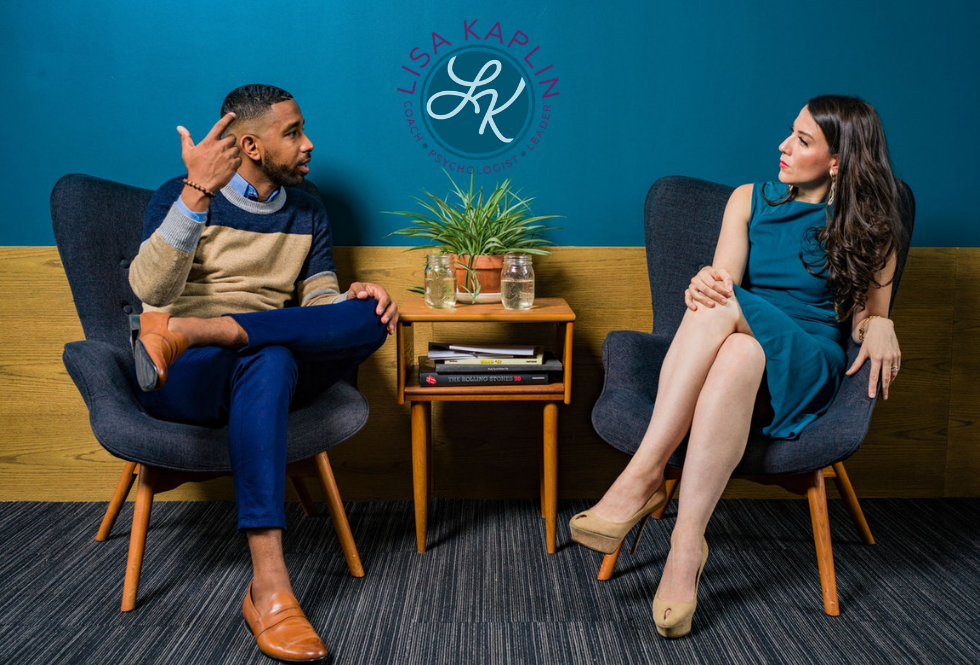In my work with couples and with business relationships, there is a consistent theme around the struggle with expressing our feelings and desires in relationships in a way that won’t lead to fighting or discord. So many of the people I work with tell me they avoid topics in order to avoid disagreements with the people in their lives. I almost always hear versions of these comments, “Why bother asking her, it’s just going to start a fight.” “Never mind. It’s not worth fighting over.” “He gets so angry and annoyed when I ask him to go out on a date with me.”
How many of you can relate? I certainly can. It’s hard to ask for what we want in a relationship. What often happens is that we are afraid to ask, so we wait and wait and wait until one day we just lose it. After that, we don’t really ask, but rather yell and demand what we want. The other person gets angry back at us and then we are fighting and neither of us gets what we want. In fact, things are now worse. This leads to less asking in the future, more frustration, and more distance. Is it any wonder that so many of us struggle with both personal and professional relationships?
Three Keys to Expressing Our Needs Without Conflict
So how can we start to have conversations in which we ask for what we want in a kind way and the other person doesn’t get defensive and it leads to a great conversation? Well first, we have to be very clear about what we want from the other person, why we want it, and how they can give it to us. Saying, “You need to be nicer to me” is far too nebulous and is unlikely to lead to a change in behavior. Instead, we should say, “I’d prefer to have this conversation without yelling. Let’s come back when we are able to do so.” Will this guarantee a better conversation? Not necessarily, but it’s certainly a better start.
A productive, reciprocal relationship requires that we be specific about what we want and why we want it. #relationships #conflict #negotiation #wants #needs Click To TweetNext, we want to make sure that what we are asking of the other person is reasonable and not about them filling an insecurity of ours. “You need to tell me I look nice or I don’t feel good about myself” isn’t about other people, but rather about our own insecurities and frustrations. If we want a compliment from someone else we can say, “It’s really motivational for me when you compliment me because I so value your opinion.” This inspires the other person and meets our need as well.
Relationships are challenging. Most of us were raised to tell other people what’s wrong with them or what isn’t working in a relationship. Unfortunately, that’s exactly the opposite of an effective conversation. It’s far more helpful to ask for what you want, versus telling the other person what is wrong. If you are in a relationship with someone who doesn’t want to hear your wants and needs, that’s probably not a healthy relationship. Reciprocal requests for change are part of what leads to growth in a relationship. When we do so with kindness and positive intent, we open the door to fun and exciting times with others.
Love,

Lisa Kaplin Psy. D. PCC

